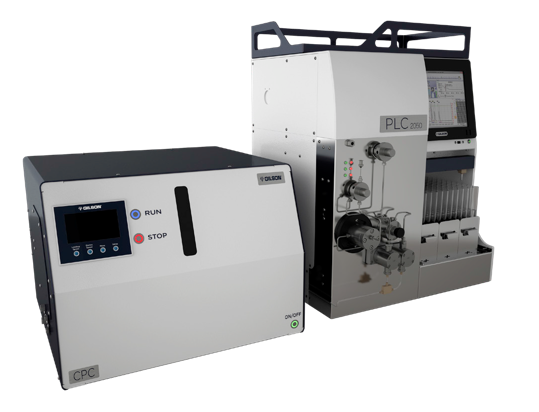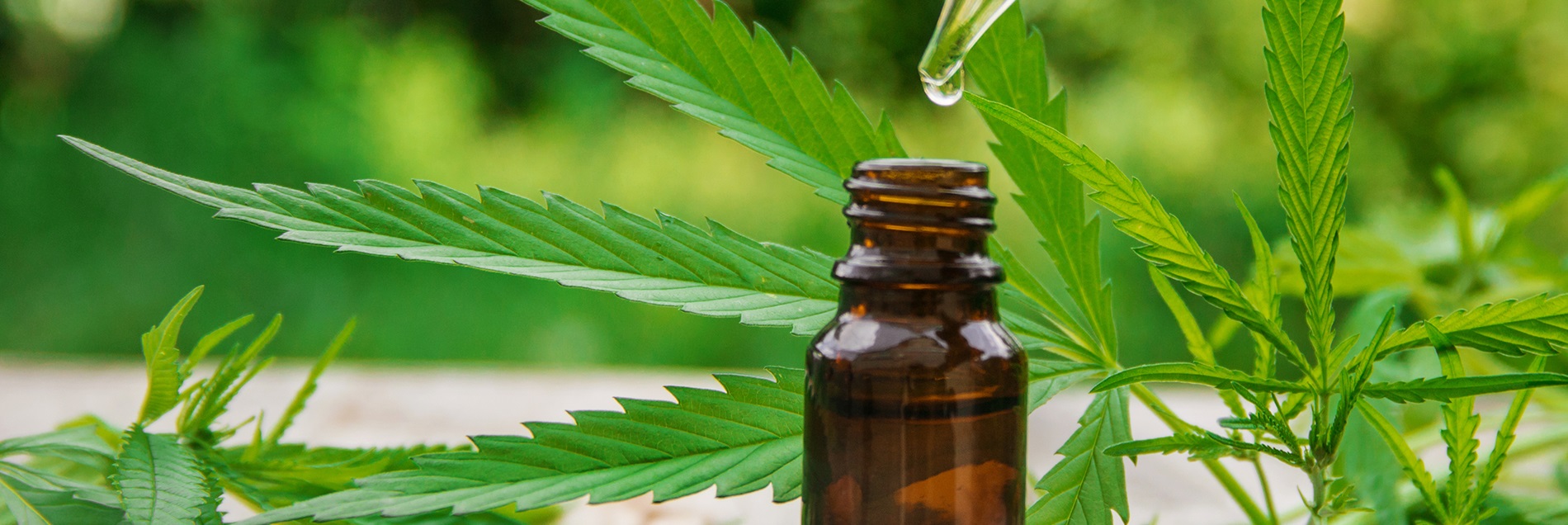Cannabidiol oil is a hot topic in the news and a popular product in commerce these days, thanks to its professed ability to treat an incredible variety of health issues, including chronic pain, mental illnesses, and cancer. Because it is made from hemp (Cannabis plant), it also contains low levels of tetrahydrocannabinol (THC), the hallucinogenic chemical associated with the marijuana ‘high,’ making it more appealing as a therapeutic. Ultimately, with such dramatic benefits and so few risks, it’s no wonder that people suffering from difficult-to-treat illnesses are curious to try this natural option.
Although CBD oil seems full of promise for curing persistent and chronic ailments, those looking for a miracle compound should approach it cautiously. Only one CBD medication, Epidiolex®, has been approved by the FDA to treat two rare forms of childhood epilepsy.
All other CBD products on the market are classified as dietary supplements. Because of this designation, the FDA cannot regulate their purity or potency like it does for medications. Without regulation or standardization, one 2017 study found that the contents and concentration labeled on almost 70% of CBD products available online were not accurate.

Without reliable product information, consumers using CBD oil may put themselves at risk, either by taking an unknown dosage or by exposing themselves to impurities, including THC, which is known to aggravate health issues such as anxiety and even some types of seizures that CBD is intended to treat.
The presence of THC in CBD oil also contributes to its divisive legal status. Although more and more governing bodies (most recently Bulgaria) are legalizing the product, there remains a persistent counter narrative. According to those who have not yet decriminalized marijuana, if THC might be present then CBD oil should also be illegal.
Holding CBD to a higher standard
In addition to containing unknown impurities, pharmacological information on CBD oil remains murky. Because CBD oil has the potential to treat such a wide variety of health issues, however, it should be vetted just like any other medication. With relatively few controlled studies performed to date, there is still no way to determine appropriate dosage, drug interactions, and the full spectrum of potential side effects. If even a few of CBD’s rumored beneficial uses prove true, extensive research using pharmaceutical-grade CBD oil must be done to understand its effects on patients.
Improving our understanding of CBD oil requires reliable methods for isolating it (and other active compounds) from natural extracts. More consistent, predictable experiences for CBD oil consumers, as well as the ability to accurately study CBD oil, depend on the use of trustworthy methods.
In contrast, the CPC method is a rapid, single-step process that can be performed on a large scale to produce multiple kilograms of product with greater than 99% purity.
Centrifugal Partition Chromatography (CPC) offers many advantages. Alternative, small-scale purification methods such as HPLC and flash chromatography are often inconsistent and may leave behind impurities, resulting in an inferior commercial product. In contrast, the CPC method is a rapid, single-step process that can be performed on a large scale to produce multiple kilograms of product with greater than 99% purity.
Because of its simple liquid-liquid chromatography design and reusable, silica-free components, CPC is a cost-effective method for obtaining large quantities of pure CBD oil, for both laboratory and commercial settings.
Using five times less solvent than HPLC and flash chromatography and recovering over 95% of the product, CPC produces a standardized, almost 100% pure CBD product, free of virtually all impurities. This product is vastly superior to – and likely much safer than – the CBD oil that is currently marketed as a supplement.
Access to this standardized CBD product will finally allow doctors and researchers to conduct the studies necessary to prove or disprove anecdotal evidence, and to unearth new therapeutic applications. In sum, for applications in the present and future, CPC can be used to purify CBD oil so that it is safe and effective for all those who might benefit from it.
By adopting CPC across the board, manufacturers and laboratories can improve the quality of their CBD oil. Whether it’s for current commercial applications or for research and development applications that will guide how we view CBD oil in the future – only with pure, medical-grade CBD oil can we truly assess its full therapeutic potential.

VERITY® Compact CPC System
The VERITY® Compact CPC System combines a PLC Purification System with a centrifugal partition chromatography (CPC) system for high-level target compound purification. This automated, cost-effective, liquid-liquid purification technique utilizes reusable, silica-free chromatographic columns to streamline your workflow and allow you to quickly isolate specific molecules with high yields and purity.
Learn More

